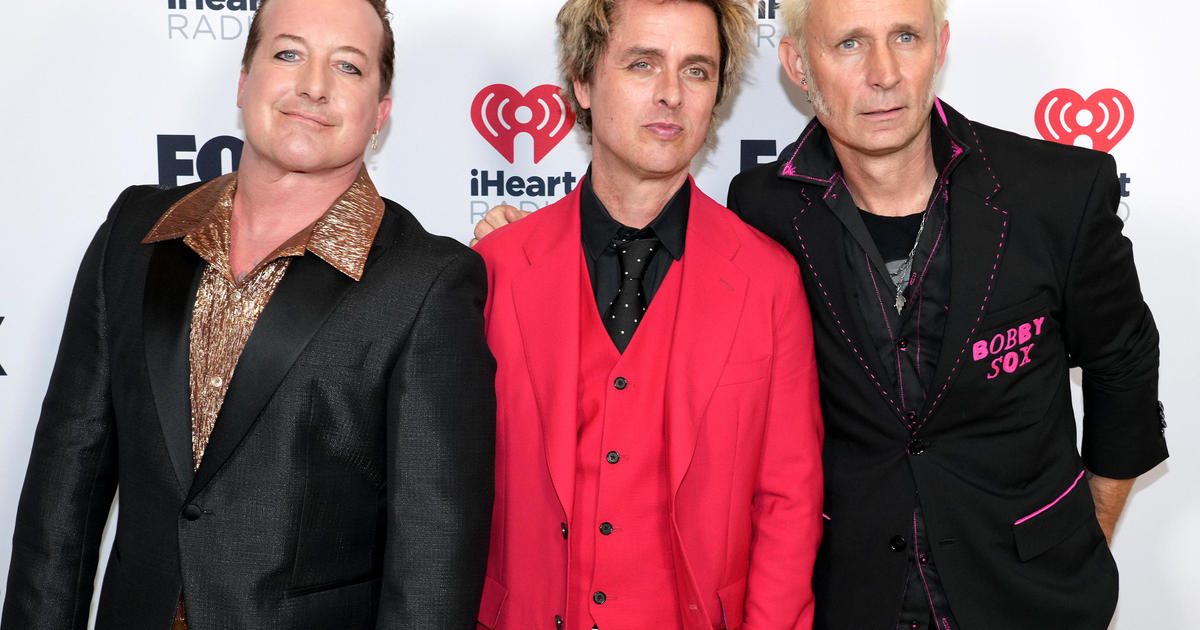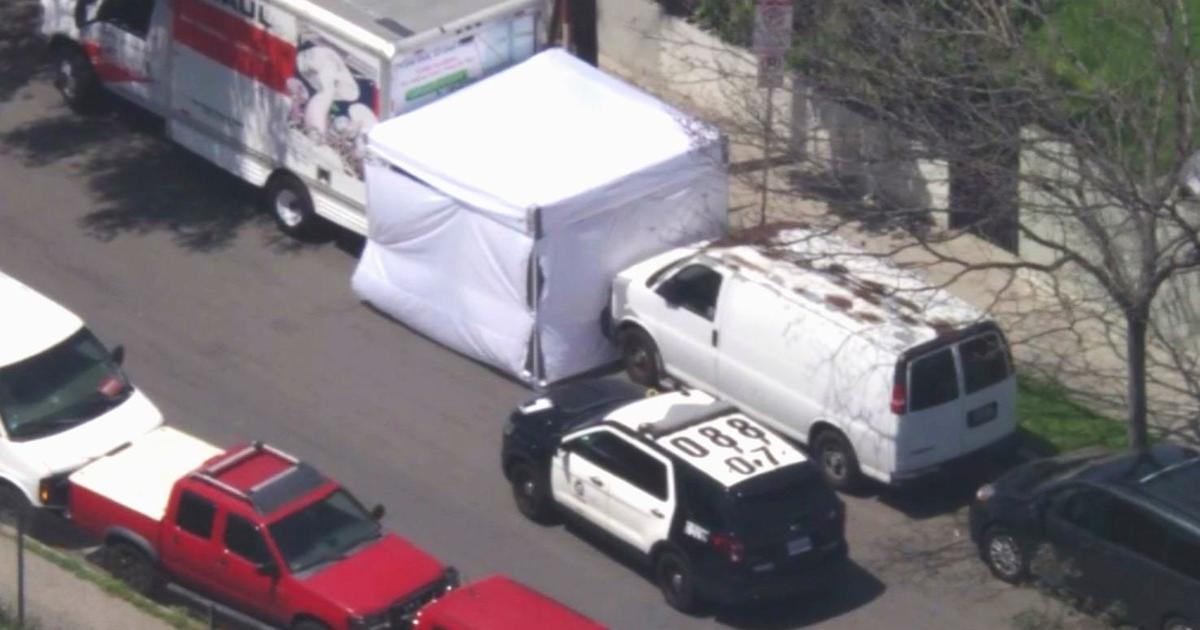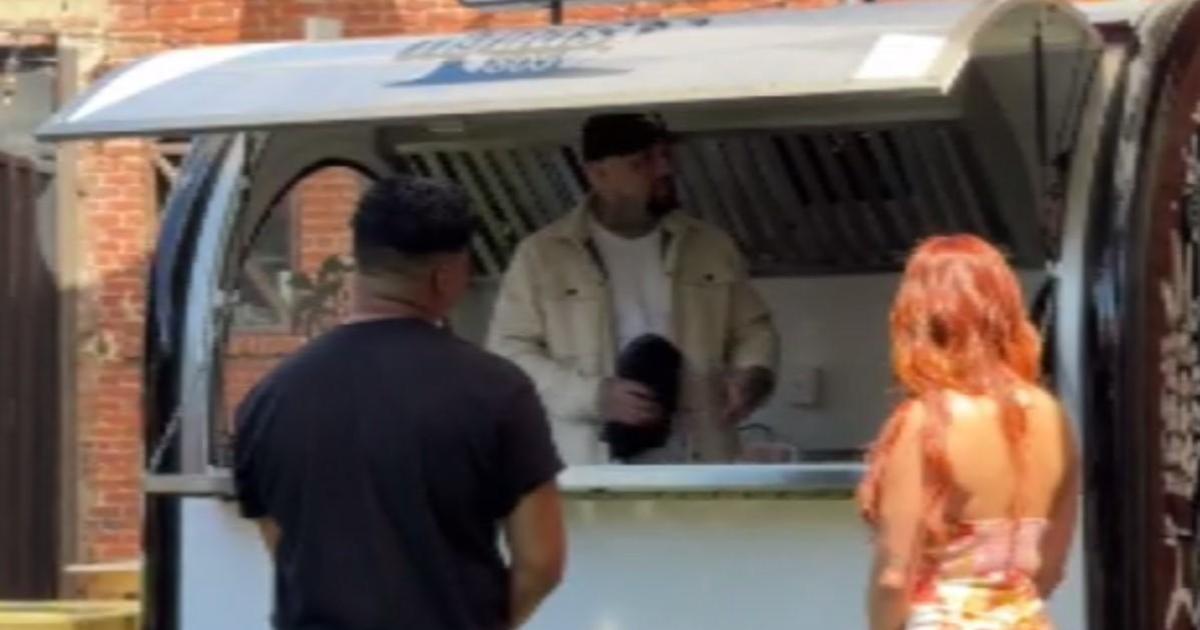Top Democratic Lawmaker Proposes Fuel Tax
SACRAMENTO (CBS/AP) — The state Senate leader on Thursday proposed a tax on consumer fuel purchases of gasoline, oil, diesel, ethanol and natural gas, with the money raised diverted to mass transit projects and households making less than $75,000 annually.
The plan by Senate President Pro Tem Darrell Steinberg, D-Sacramento, would not create an additional tax, however. Instead, it would alter how money is raised and spent under a provision of California's landmark 2006 greenhouse gas emissions law, known as AB32.
Rhys Williams, Steinberg's press secretary, emailed KCAL9's Dave Bryan and said, "It's not a gas tax. He's not raising gas taxes. Prices on fuels are set to rise, unpredictably, when the cap-and-trade program expands to cover fuels in 2015. Instead, the senator proposes replacing this expansion with a stable tax on carbon."
Environmental and business groups immediately opposed Steinberg's plan, and Republican lawmakers questioned whether it could pass the Legislature.
It would impose an estimated 15-cents-a-gallon carbon tax on fuel next year, offsetting an indirect tax that will be imposed in 2015 under the existing law that helped establish the nation's largest carbon-trading marketplace.
The state's current cap-and-trade program applies only to industrial plants. It allows companies with higher emissions of greenhouse gases to buy pollution credits from companies that have found a way to lower their emissions below a certain threshold.
But next year, the cap-and-trade program is scheduled to be extended to the producers of carbon-based consumer fuels. In turn, that will raise prices at the pump by an uncertain level.
Steinberg said his proposal would raise the per-gallon carbon tax to an estimated 24 cents by 2020, which he said would still be lower than the 40-cents-a-gallon price hike that is possible under AB32. He acknowledged, however, that by 2029 his proposed carbon tax would be higher than the upper projected limit under the current law.
Either tax will sting motorists at the pump as a necessary way to lower fuel consumption and discourage the emission of gases blamed for causing global warming, Steinberg said.
"On the issue of climate change, we have no choice: We must reduce the amount of carbon we put in the air, and that will come with a price," he said. "Nothing is free."
Steinberg argued during a luncheon address before the Sacramento Press Club that his proposal is less volatile than basing the cost on the market rate. And he said it would be more honest with consumers, who would see the carbon tax reflected directly instead of through the cap-and-trade marketplace. Steinberg said a direct carbon tax also would be less vulnerable to price spikes, shortages and manipulation by the oil industry.
About two-thirds of the estimated $3.6 billion raised by the carbon tax next year would go back to households earning less than $75,000 a year in the form of a state-level Earned Income Tax Credit.
His office could not explain why the senator chose $75,000 as the cutoff, but said that level would cover about two-thirds of Californians.
The current federal tax credit, which applies to 3 million Californians making less than $51,000 annually, gave those residents an average refund of $2,900 in 2011. Steinberg said his tax credit would return about $600 per family based on the higher income level.
The remaining third of the revenue would go to unspecified mass transit programs with the goal of getting more Californians out of their automobiles.
Steinberg's proposal was met immediately with skepticism.
California Business Roundtable President Rob Lapsley said the tax is just another money grab on overtaxed Californians.
"All Californians will pay the price, but particularly it's going to be low-income Californians. They spend over 30 percent of their monthly income on transportation. Steinberg proposed they would get an income tax credit to try to make up for some of that. That's not something [that's] really going to work," he said.
Lapsley said more expensive gas could threaten the state's fragile recovery from the recession.
"When you add on what's happening with these additional taxes, we absolutely know it's going to have an impact. Look at minimum wage, they're talking about increasing minimum wage again. If there is a minimum wage increase, the Legislature will take it right back from low-income Californians to make them go pay it at the pump. What sense does that policy make?" he said.
Jim Evans, a spokesman for Gov. Jerry Brown, declined to comment directly but said the Democratic governor stated earlier this year that he opposes any additional new taxes after California voters approved temporary income and sales tax increases in 2012. Brown is expected to run for re-election this year.
Steinberg argued that only the mass transit portion of his proposal would be a tax increase, since two-thirds of the carbon tax revenue would be returned to households that met the $75,000-a-year income threshold.
Peter DeMarco, a spokesman for Senate Republicans, and Will Shuck, a spokesman for Assembly Speaker John Perez, D-Los Angeles, expressed skepticism that Steinberg would be able to muster the necessary votes to get the plan out of his own house.
"The message it sends to middle class families and small businesses is 'take a hike,'" DeMarco said.
Spokesmen for the Environmental Defense Fund and Natural Resources Defense Council also criticized Steinberg's proposal, which they said would undermine the existing cap-and-trade law by diverting money that otherwise would be used for anti-pollution efforts.
(TM and © Copyright 2014 CBS Local Media, a division of CBS Radio Inc. and its relevant subsidiaries. CBS RADIO and EYE Logo TM and Copyright 2014 CBS Broadcasting Inc. Used under license. All Rights Reserved. This material may not be published, broadcast, rewritten, or redistributed. The Associated Press contributed to this report.)



